Every Classical Christian School has a reading list. It might be public; it might be private. But it exists. Its purpose might be nebulous, but it is most likely used to help develop teachers for certification and sometimes offered to parents who want to know more. There are some pretty standard books in this category, but there are some which are less common and unique to the context of that particular school. Below is a list that I put together with this question in mind: “what books should every teacher and administrator and board member read within the first three years on the job at a Classical Christian school?” And I’ll add that I think parents who want to understand the why of Classical Christian Education would do well to read them as well.
This first part of the list is composed of books from the 20th and 21st centuries, serving primarily as thoughts on pedagogy and education trends. There are books on this list that some teachers have said, “I read that, and it did nothing for me.” To this I would reply, “then, like your students who got nothing out of your lesson last week, it is worth trying again.” I don’t say that as a harsh criticism, but as a recognition that we are often our own barrier when trying to learn from the written word. And good teachers, parents, etc., would not encourage their students to give up. So, it is recommended to take one’s own advice.
Norms & Nobility, David Hicks
This one doesn’t need much of a defense. It’s one of those standard books that adorns public bookshelves in every Classical Christian School in the U. S., though I have discovered many give up after starting it because it is a challenging read. To that I say, Push Onward! This is a book that pays dividends over the years. Hicks is a master at articulating both the roots and the desired fruit of a properly Classical education. Norms and Nobility serves as a history lesson and a philosophical exercise at the same time.
The Abolition of Man, C. S. Lewis
Lewis is known for his fiction works, and this book often ranks as one of his most challenging. When I first read it, at the age of twenty, I had no clue what he was talking about. But it is a book that I have read over twelve times now, and each reading teaches me anew. Lewis critiqued both education and culture in England during the middle of the 20th century, but his diagnoses and solutions are more salient today than when it was written. Michael Ward’s After Humanity is a helpful companion for those who feel like a guide might help. But I suggest only reading Ward’s book after reading Lewis’s.
The Liberal Arts Tradition (3rd Edition), Kevin Clark & Ravi Jain
This is the narrowest book, topically speaking, on the list. It is written for Classical Christian Educators and aims to provide a strong philosophical basis for the purpose of the CCE movement. Despite this, I think the book should be more widely read, and that parents especially would benefit from it. Clark and Jain are practitioners and that gives their advice a very tangible applicability. They cover the history of Classical Education in a short space and lay the groundwork for the next few decades of the continued renewal of Classical Education.
The Wise Men Know What Wicked Things Are Written In The Sky, Russell Kirk
This is the least known of the books on the list, which is a real shame. Don’t let the title fool you; this is a marvelous book that is both easy to understand and a pleasure to read. It contains some of the most potent criticisms of American culture that Kirk offered, especially about education. And its relevance has only increased. Kirk quipped in this little tome that, “It is not inevitable that the computer should supplant the poet” long before A.I. became an issue. Reading Kirk is akin to encountering a modern Jeremiah, and it is always an education in and of itself.
On the Unseriousness of Human Affairs, James V. Schall
Anyone who has trafficked in Liberal Arts groups for even a brief time has heard of Father Schall. Readers may be more familiar with Schall’s introduction Joseph Pieper’s book Leisure: The Basis of Culture, or his The Life of the Mind which was the first Schall book I encountered.1 But I think On the Unseriousness of Human Affairs hits on so many important points related to life and godliness, that this is the one which more people should read. Schall clearly understands why human society is in a hurry to get nowhere, and his solutions, rooted in the Classical Christian past, retain a currency regardless of cultures and customs. Being human requires a willingness to be unserious and this is most palpable in the way he structures this unique little book.
The next part of the list will look a little but further back in time and offer some thoughts on why pagan works must be included in such a list. So come back next week!
Thanks to my friends who pointed out my incorrect attribution in an earlier edition of this post.





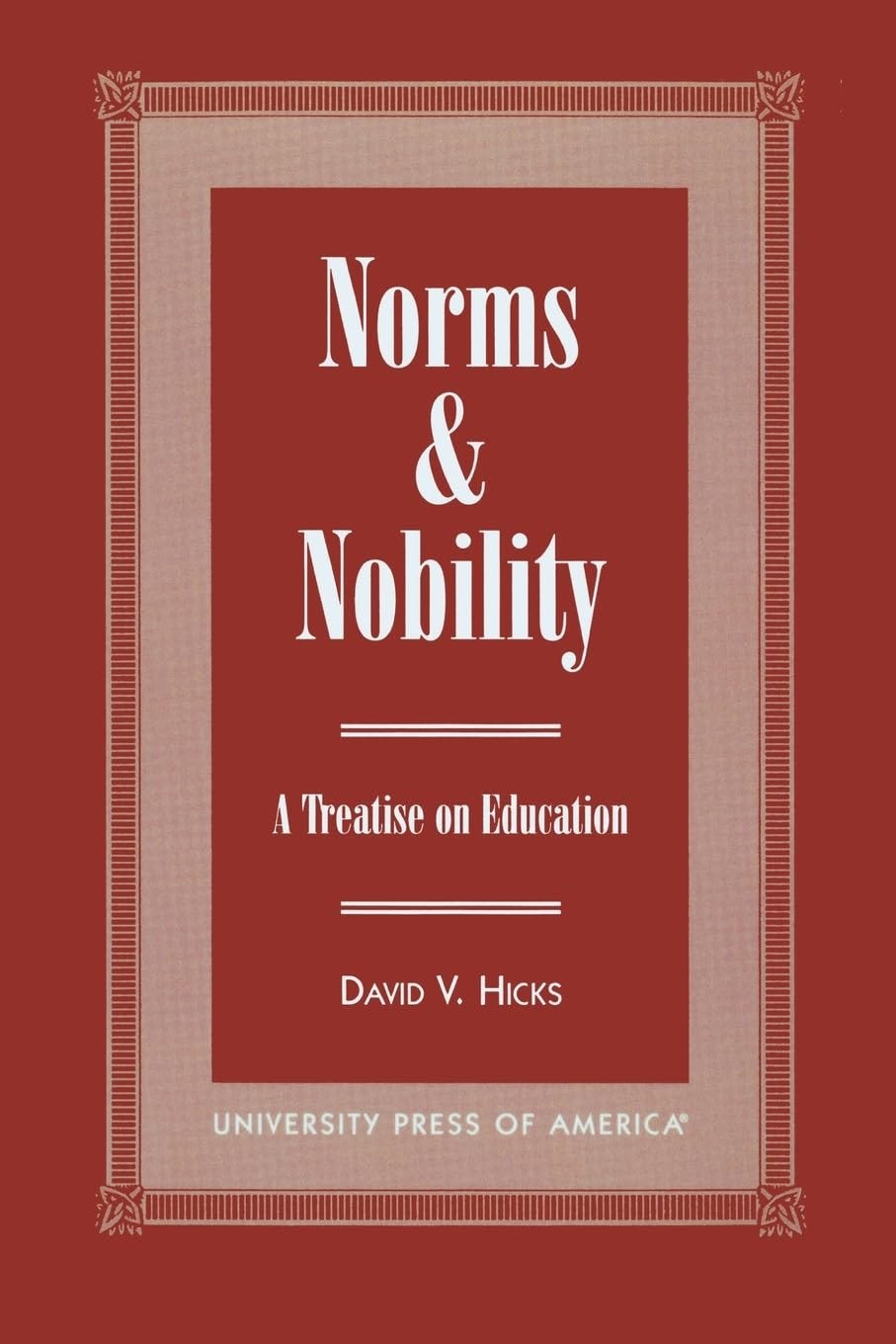
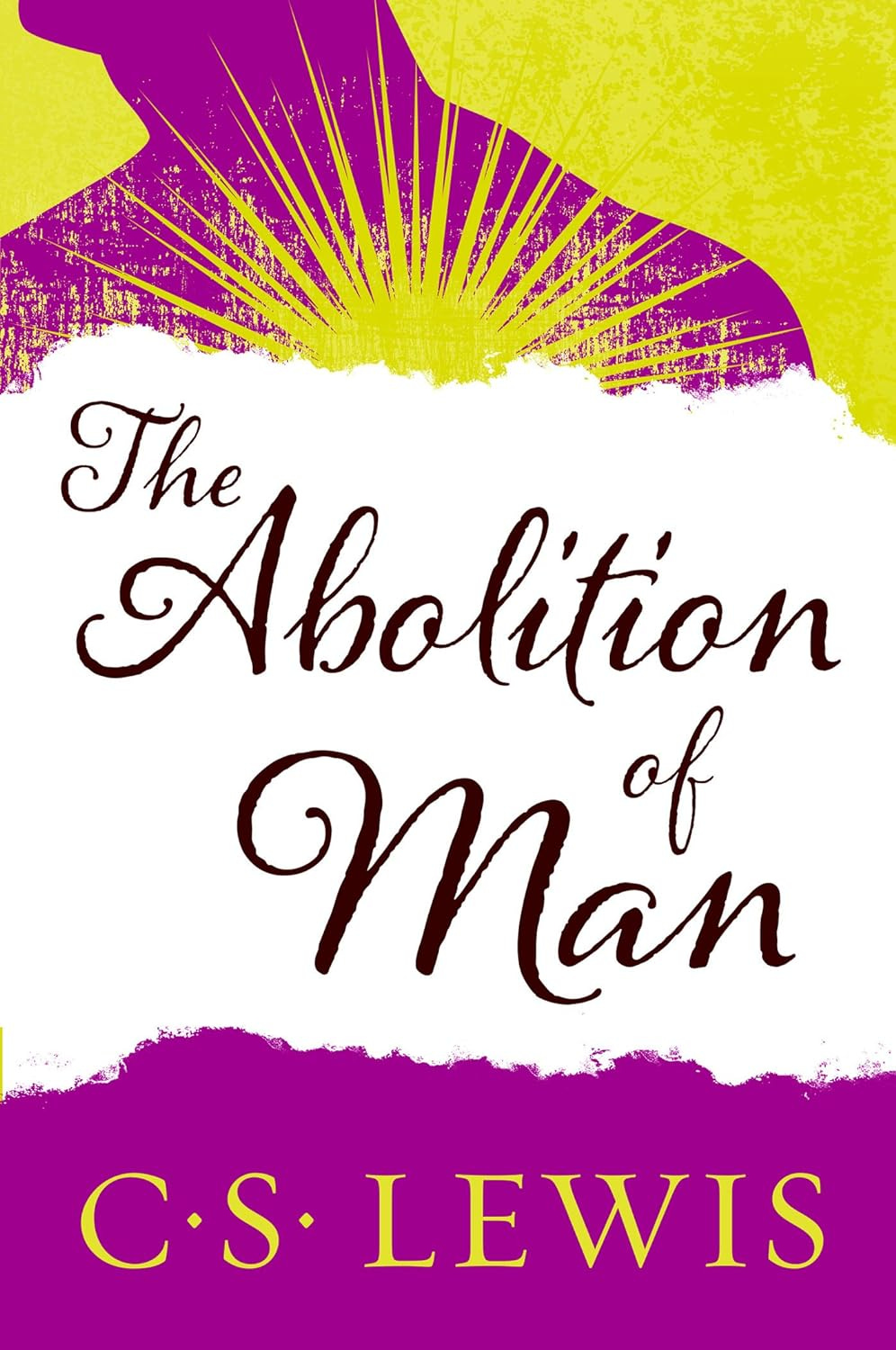
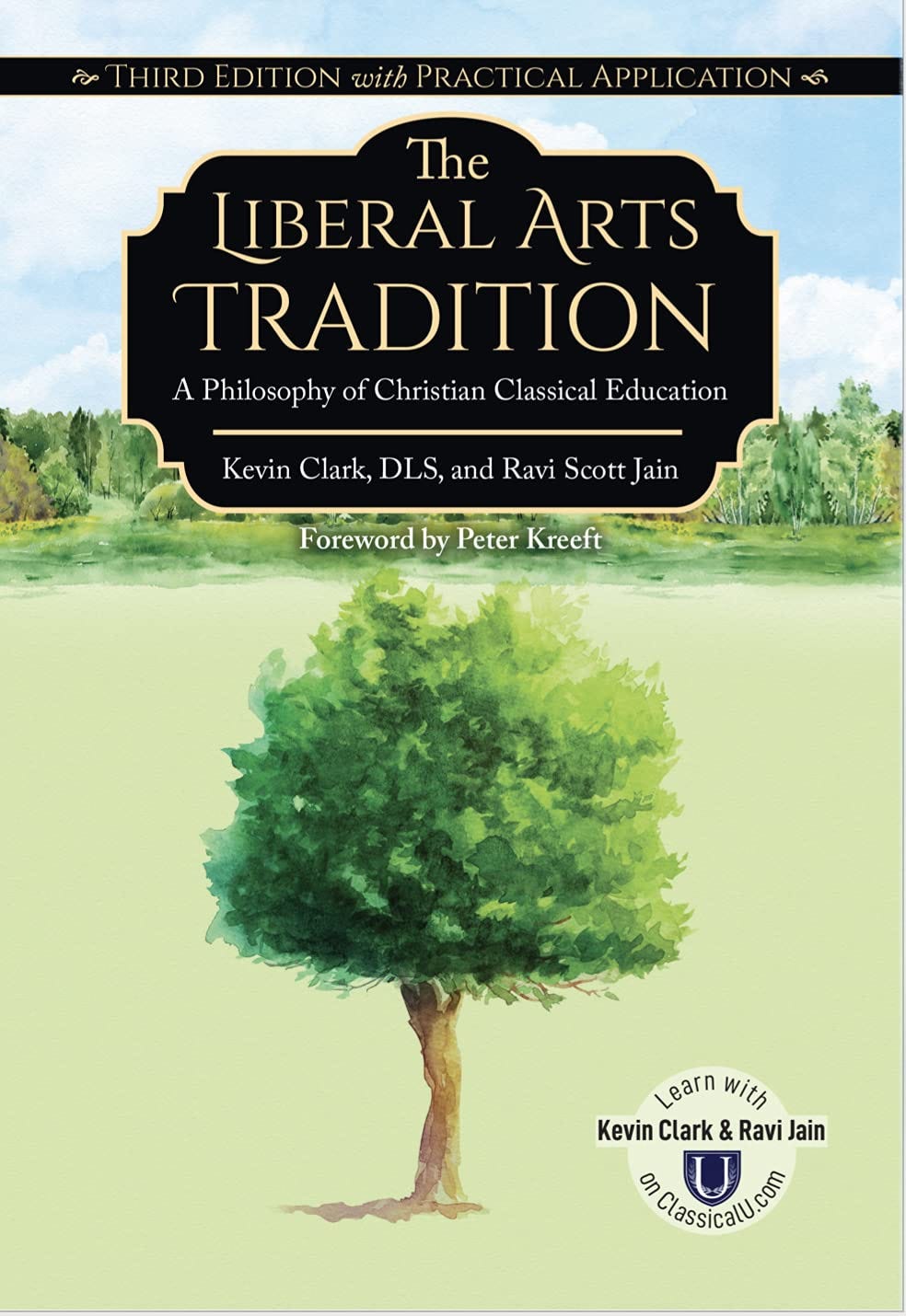
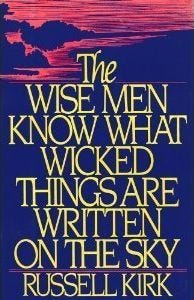
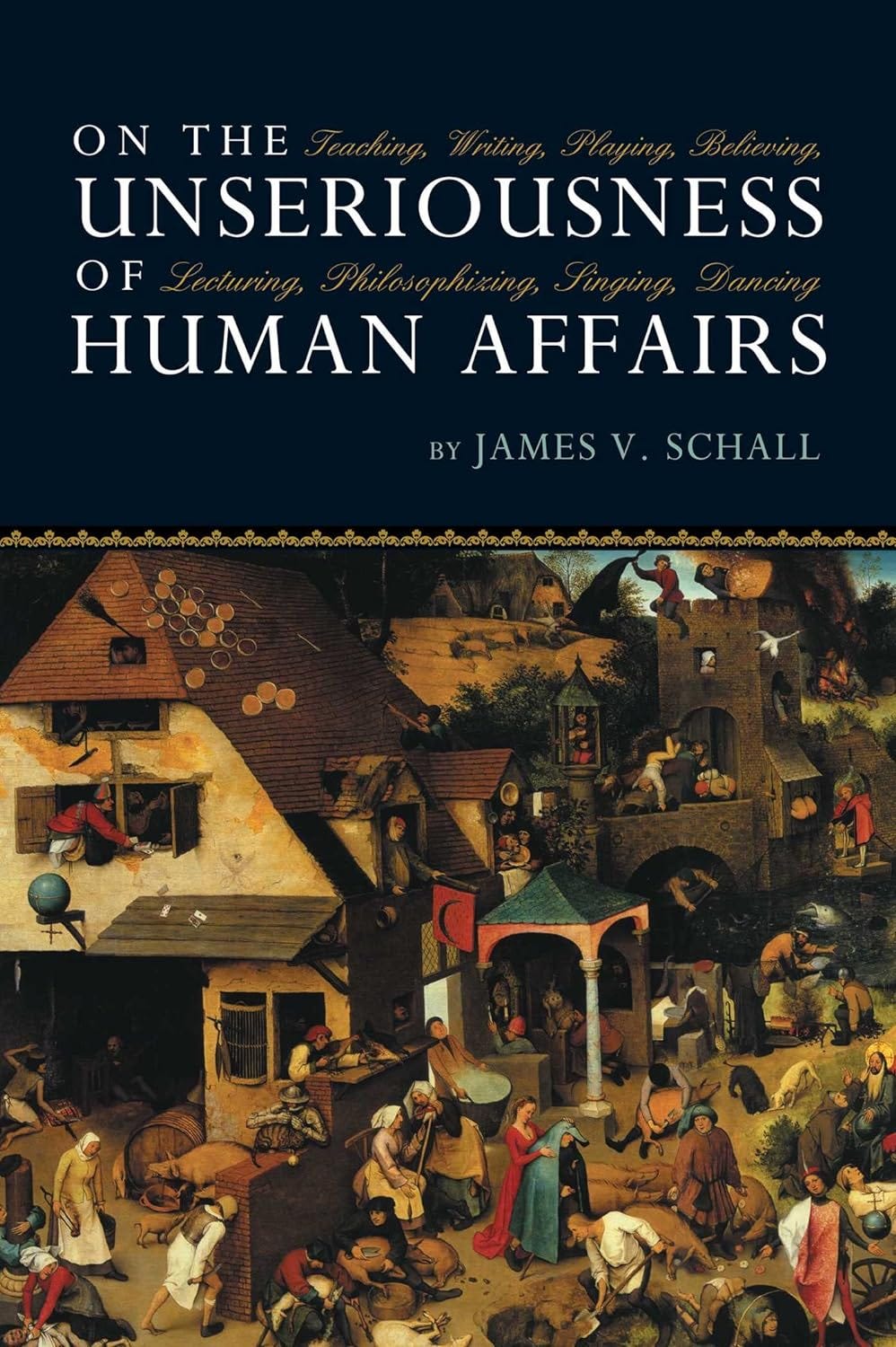
Thanks for this list. There are a couple I haven't read and a couple I should reread. One correction, Josef Pieper wrote Leisure.